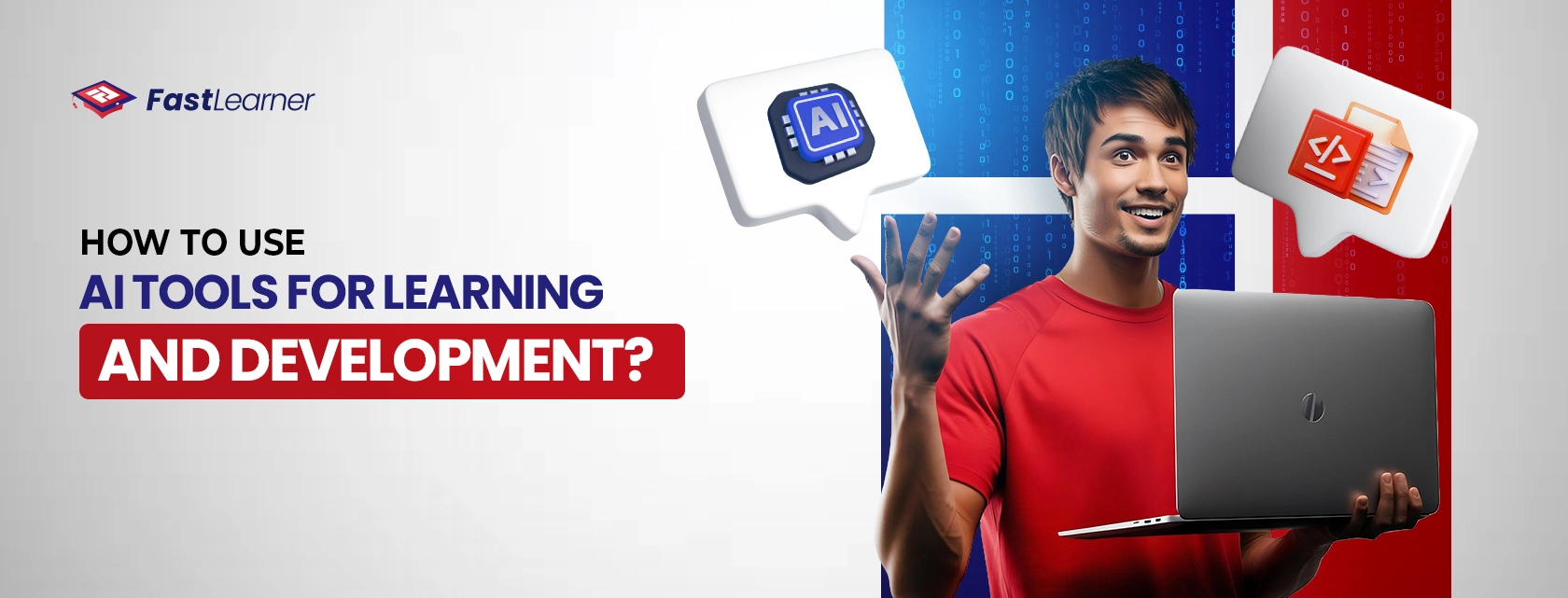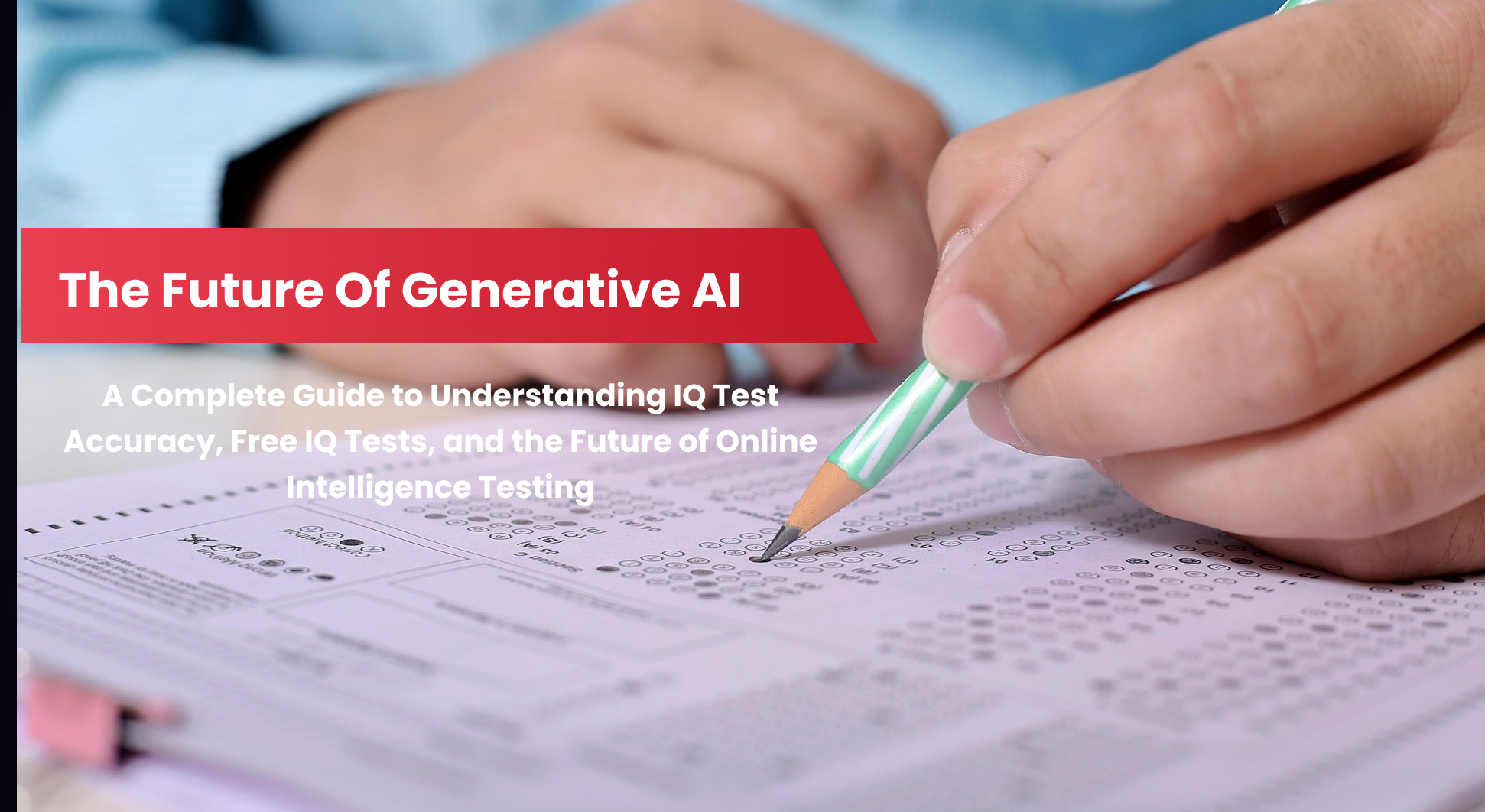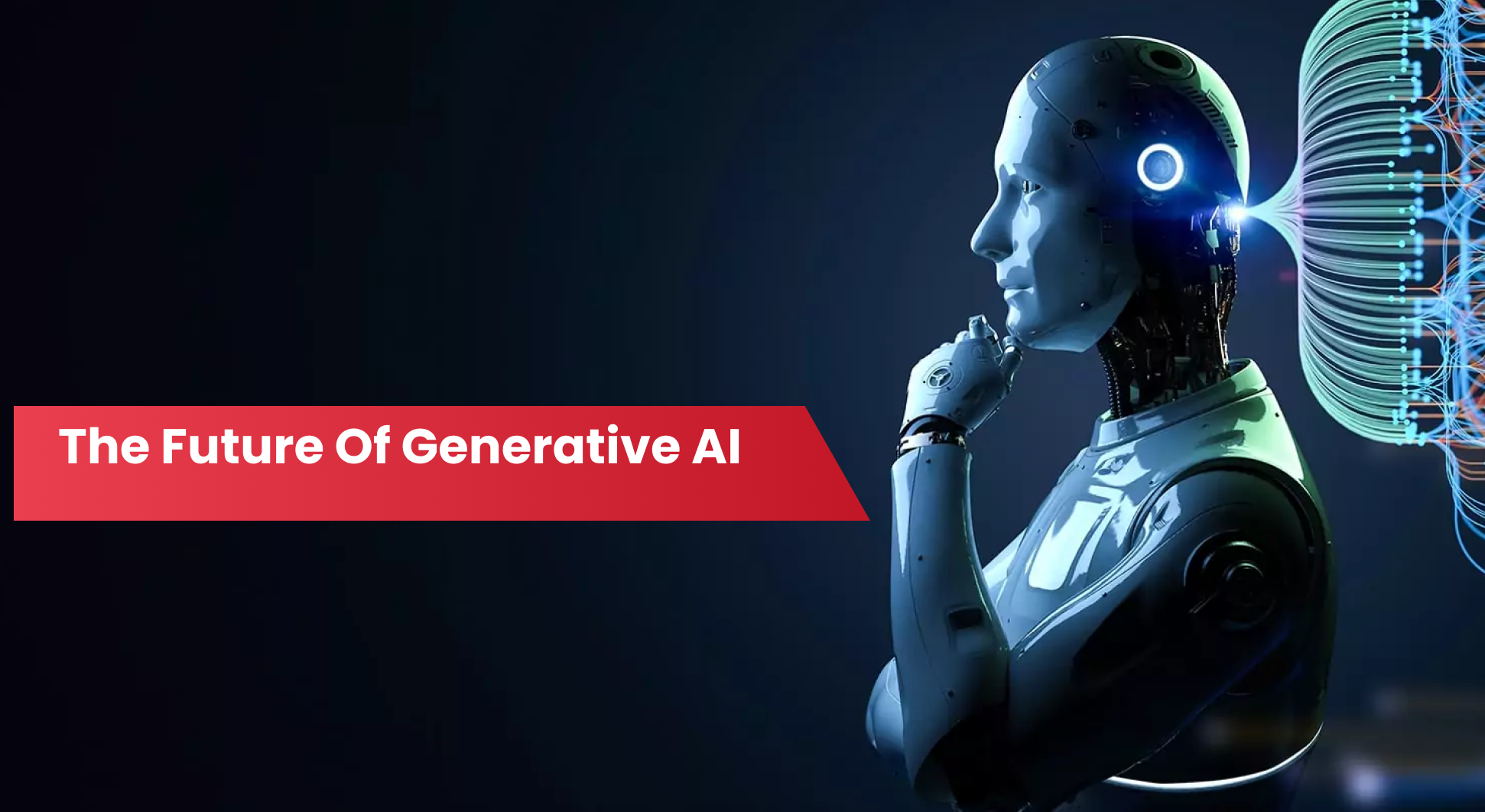In today’s rapidly evolving educational landscape, AI tools for learning and development are reshaping how students, educators, and professionals acquire knowledge and skills. AI tools for teachers, learners, and businesses are becoming essential for personalized and adaptive learning.
These technologies offer advanced solutions that cater to individual learning styles, automate administrative tasks, and enable teachers to focus on what truly matters – enhancing the learning experience.
This article will explore how to use AI tools for learning and development, the various available AI tools, and how educators and students can leverage these technologies for success.
Using AI Tools for Learning and Development - Detailed Guide
- AI tools are revolutionizing education by offering personalized learning experiences tailored for students, educators, and professionals.
- These tools enable educators to streamline tasks, focus on engagement, and design customized learning plans.
- AI enhances student performance by providing instant feedback and adaptive study resources.
- AI platforms promote collaborative learning, optimize classroom management, and provide data-driven insights for better outcomes.
The Impact of AI Tools on Learning and Development
Artificial Intelligence has introduced a new era of learning and development by transforming how educational content is delivered and absorbed. With AI-driven learning platforms, users can use customized learning paths that adapt to their unique pace, skills, and preferences. These AI tools for learning are designed to create a more immersive and efficient experience.
To explore how AI can further enhance your learning capabilities, check out this insightful article on becoming a fast learner.
Educators can also benefit significantly from these tools. AI resources for teachers simplify the burden of manual grading, lesson planning, and content creation. By automating these tasks, AI allows teachers to devote more time to meaningful interactions with students.
Furthermore, AI platforms for teachers offer insights into student performance, enabling personalized feedback and targeted interventions.
AI is becoming integral to the educational landscape, with significant adoption rates among various stakeholders. According to recent statistics from a Microsoft survey, 47% of education leaders report using AI daily, which enhances operational efficiency and decision-making processes. Additionally, 68% of educators have utilized AI at least once or twice, demonstrating its growing presence in lesson planning and instructional support.
Notably, 62% of students have also engaged with AI tools, showcasing their relevance in personalizing learning experiences. These figures highlight AI’s widespread acceptance and potential to transform education across all levels.
Types of AI Tools for Learning and Development

There are different types of AI tools for learning and development, each serving different purposes in education.
Here are some prominent types:
- AI-Powered Learning Platforms: These platforms, like FastLearner.ai, offer personalized learning tools for better experiences by analyzing individual student behavior and providing tailored content recommendations.
- Intelligent Tutoring Systems (ITS): These systems adapt to a learner’s needs and provide real-time support and feedback, often mimicking the role of a human tutor.
- Automated Grading Software: AI-powered tools can grade tests, essays, and assignments, providing immediate feedback to students while saving time for teachers.
Learning Management Systems (LMS) with AI Integration: Platforms like Moodle or Blackboard now offer AI features to track student progress, suggest course materials, and automate administrative tasks.
How AI Tools Help Teachers Enhance the Learning Experience

One of AI’s most significant advantages is its empowerment of educators. AI tools for teachers streamline numerous processes that traditionally consumed time and resources.
Here are some key ways AI can help teachers:
- Automated Grading: AI platforms can quickly evaluate and grade students’ assignments and exams, reducing the workload for teachers.
- Personalized Learning Plans: AI tools like FastLearner create customized learning experiences based on student performance, ensuring every learner gets the support they need.
- Enhanced Student Engagement: With tools such as interactive chatbots, educators can facilitate more engaging online learning environments.
- Predictive Analytics: AI can identify struggling students early and recommend interventions, preventing students from falling behind.
- Curriculum Design: AI helps design curriculums by analyzing the latest trends in education and suggesting innovative topics or content updates.
Top 10 AI Tools for Students and Their Benefits
AI tools have made studying more accessible and efficient for students at all levels. Here’s a list of the top 10 AI tools for students:
- Grammarly – Writing assistance and grammar correction.
- Socratic – Homework help powered by AI.
- Quizlet – Personalized quizzes and flashcards.
- Khan Academy – Free educational resources and AI-powered tutoring.
- Google Classroom – AI features for organizing learning materials and assignments.
- FastLearner – Personalized learning plans based on individual student needs.
- Duolingo – Language learning with AI-driven recommendations and feedback.
- Coursera – AI-powered course suggestions for career growth.
- EdX – Adaptive learning tools for various subjects.
Otter.ai – AI-powered transcription to convert lectures or meetings into text
How AI Tools for Study Improve Academic Performance

AI tools for study are not just about convenience; they are designed to enhance the overall academic experience. By using AI, students can:
- Receive Instant Feedback: Tools like Grammarly and Socratic give immediate feedback, allowing students to correct mistakes and understand concepts faster.
- Improve Time Management: AI scheduling apps like Todoist use machine learning to prioritize tasks and ensure students remain on top of their assignments.
- Learn at Their Own Pace: Platforms such as FastLearner offer customized learning plans so students can progress without feeling rushed or left behind.
- Get Tailored Recommendations: AI can suggest relevant study materials or courses, helping students focus on areas for improvement.
AI Platforms for Teachers: Enhancing Classroom Management
AI platforms for teachers are about automating tasks and creating an interactive, data-driven environment in the classroom. These platforms allow teachers to focus on student engagement rather than paperwork.
Some of the most prominent benefits include:
- Student Performance Tracking: AI helps teachers track students’ performance in real-time, making it easier to offer support where needed.
- Collaborative Learning Tools: AI encourages collaboration by connecting students to group study sessions, discussions, and peer feedback.
- Lesson Personalization: AI tailors lessons to individual student’s strengths and weaknesses, ensuring no one is left behind.
Future of AI in Learning and Development
As AI evolves, it will only become more ingrained in learning and development. With advancements in natural language processing (NLP) and machine learning (ML), the future of AI tools for learning looks promising.
AI could create even more personalized learning tools for enhanced experiences, provide deeper insights into student behavior, and offer real-time adjustments to the curriculum based on classroom dynamics.
In addition, AI platforms for teachers will become even more sophisticated, allowing educators to focus on fostering creativity, critical thinking, and other soft skills that machines cannot teach.
In a Nutshell - How to Use AI Tools for Learning and Development?
Integrating AI tools for learning and development is transforming education as we know it. The benefits are far-reaching and impactful, from AI resources for teachers to AI tools for students. By mastering AI tools for learning and development, educators can optimize classroom management, improve lesson planning, and personalize learning experiences. At the same time, students can enjoy a more tailored, practical approach to education.
As AI advances, students and educators will have even greater access to the tools they need for success. The key is to embrace these innovations, use them wisely, and continue exploring how they can shape the future of learning.
FAQs About AI Tools For Learning And Development
How can artificial intelligence be used in learning and development?
AI can be used in learning and development by leveraging AI-powered platforms to create personalized learning experiences, automating tasks like grading and lesson planning, and using intelligent tutoring systems for real-time support. Educators and learners can focus on more meaningful interactions and tailored skill development.
How do you learn using AI tools?
To learn using AI tools, students can access platforms that adapt to their learning style, offer personalized content, and provide immediate feedback. These tools help create a self-paced learning environment focusing on individual progress and improvement.
How do we use artificial intelligence in teaching and learning?
In teaching, AI can automate administrative tasks, personalize lesson plans based on student performance, and use predictive analytics to identify struggling students. In learning, AI tools offer customized study materials, real-time feedback, and adaptive learning paths for better outcomes.
How can AI help in development?
AI can assist in development by providing data-driven insights, automating repetitive processes, and offering personalized growth plans for individuals. AI tools for learning and development ensure that learners can improve their skills efficiently while businesses and educators can focus on targeted growth strategies.



